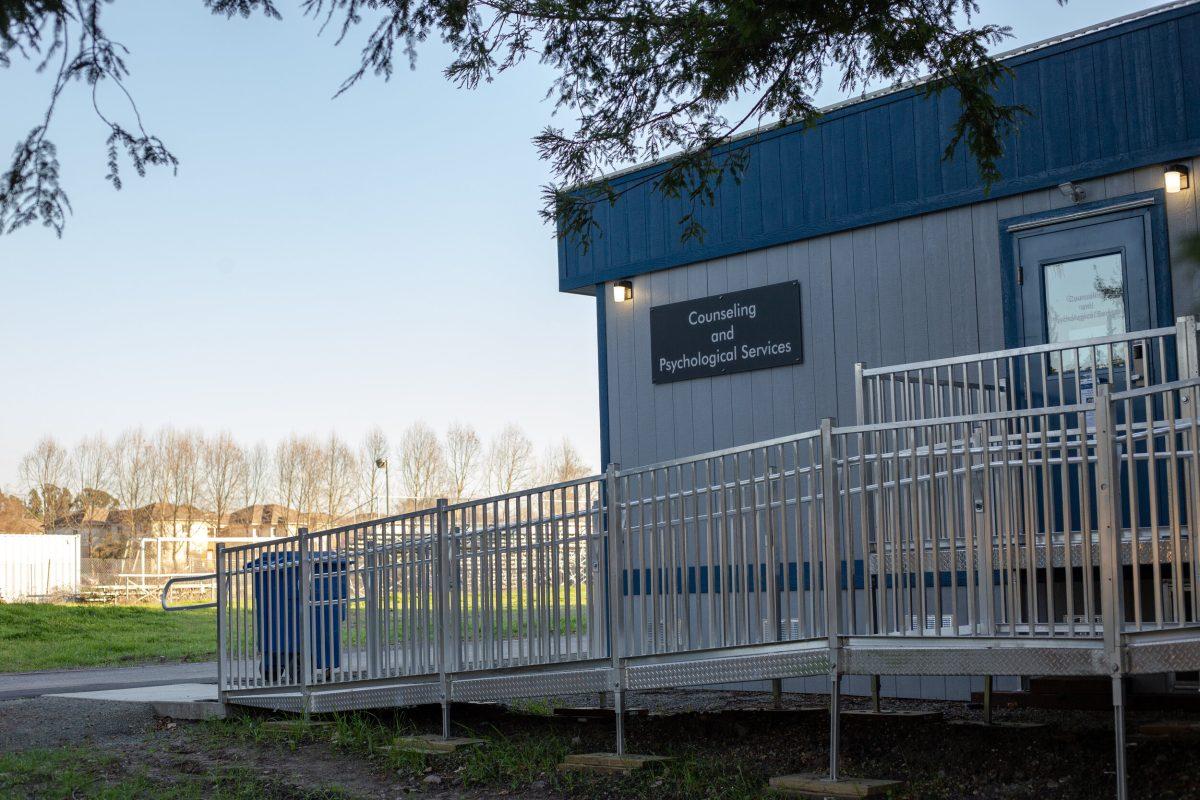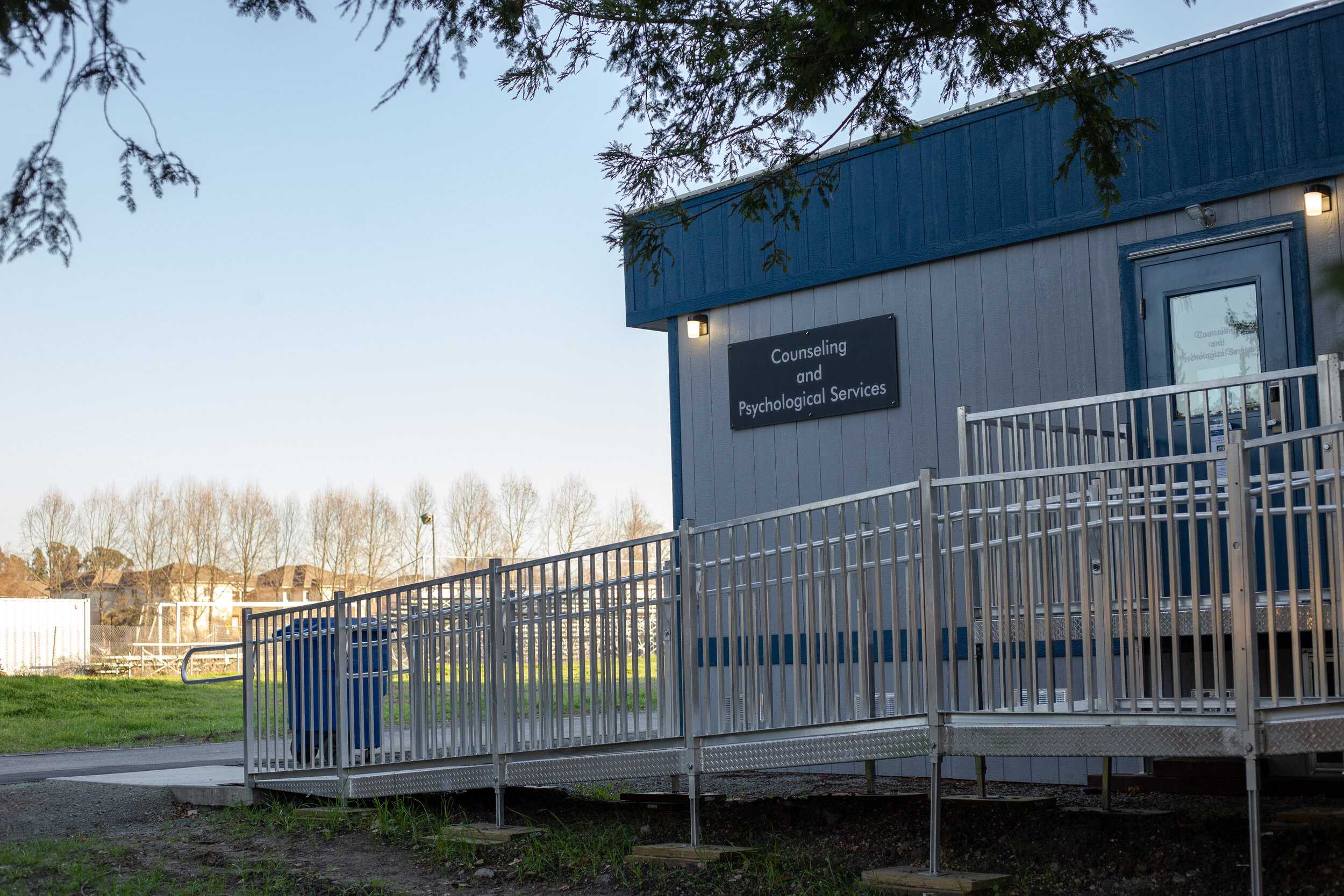At this point in many college students’ lives, they should be encouraged to explore and discover themselves. Mental health problems can affect many areas of student’s lives resulting in negatively impacting relationships with loved ones, decrease in physical health, losing track of academics, and reducing their quality of life. While maneuvering these situations alone can be difficult and confusing, students are often encouraged to reach out to the campus community for counseling services.
Counseling and Psychological Services’ main purpose is to support student mental health and well-being. In order to fulfill this goal, they offer training, outreach, consultation, referral, crisis intervention, short-term individual and group counseling for all students. students pay all different kinds of fees, and currently enrolled students can utilize CAPS, which is fully paid-for in their tuition.
If students would like to schedule a new or a returning appointment, they are encouraged to contact CAPS at 707-664-2153, Mon. through Fri., during the office hours of 9 a.m. to 12 p.m. and 1 p.m to 4 p.m. They are located directly behind Salazar Hall in the portable building 17A.
While it takes some time to build trust with counseling professionals, students are welcome to express any concerns and experiences they may have, at their own pace. Students can disclose any information to their counselors that they feel comfortable with, and everything that students discuss with their counselors is kept confidential, except when there is abuse present or harm to someone else or yourself.
CAPS provides single sessions, intake appointments, and ongoing therapy sessions. Single session appointments last within 45 to 50 minutes, targeting non-urgent concerns, and students will be able to choose what problems they want to focus on. As a result, the counselor will aid you in gaining insight, strategies to address the concern, explore coping mechanisms, and how to get help in the future. Intake appointments are for students who want to discuss ongoing therapy with CAPS, and last within 45 to 50 minutes. This process includes a review of the students psychological medical history and evaluation of current symptoms. CAPS will then assist you in coming up with a treatment plan that may or may not include outside resources. After intake sessions, ongoing therapy sessions may be provided lasting within 45 to 50 minutes or even shorter. Since CAPS uses a short-term model of care to address issues, the number of sessions varies on the students needs to better serve the needs of all SSU students. At the end, a follow-up appointment can be made after each session.
As of 2021, Sonoma State has roughly about 8,649 students, but only 9 counselors at CAPS. The ratio between the two is high. With that being the case, many students have to book appointments in advance to secure their spot because it fills up quickly, or they end up being on the waitlist in case something opens up. In addition, there is no guarantee that students will be able to speak to the same counselor as before. There is no time or space to be comfortable because most likely every time students go a new person will be appointed to them.
What happens when a student’s needs are urgent and want to speak to someone? Dr. Laura Williams, Director of Counseling and Psychological Services, stated that, “in order to prevent this situation from happening, and be able to still provide services for students that are in crisis, students who are not in crisis may have to wait longer for first individual appointments. They may have to space out their individual appointments, or they may also be limited in the number of sessions that they can have. However, students will still have unlimited access to groups and workshops.” Dr. Williams also affirmed that CAPS sees students in true crisis the same-day they present for services. And once the crisis stabilizes, CAPS would help students in obtaining a higher level of care through the means of outside providers. Furthermore, CAPS are continuously looking for additional funding for counseling staff to better serve their students.
CAPS acknowledges that the last few years have been stressful for students and it’s normal to feel additional stress, anxiety, and depression along with other mental health issues. CAPS wants to remind their students that they are not alone, and there to support you.
STAR // Brandon Sparks
Visit the brand-new CAPS office behind Salazar Hall in 17A to speak to a professional for counseling and therapy.





































